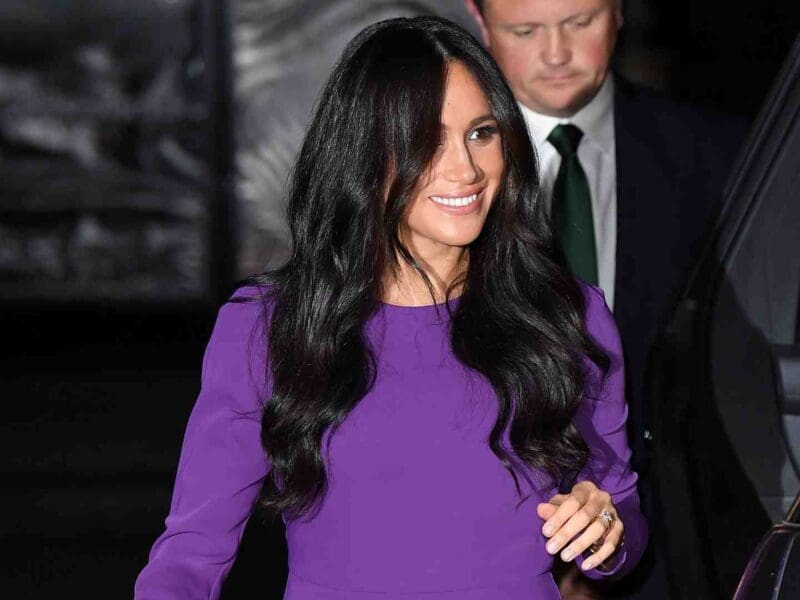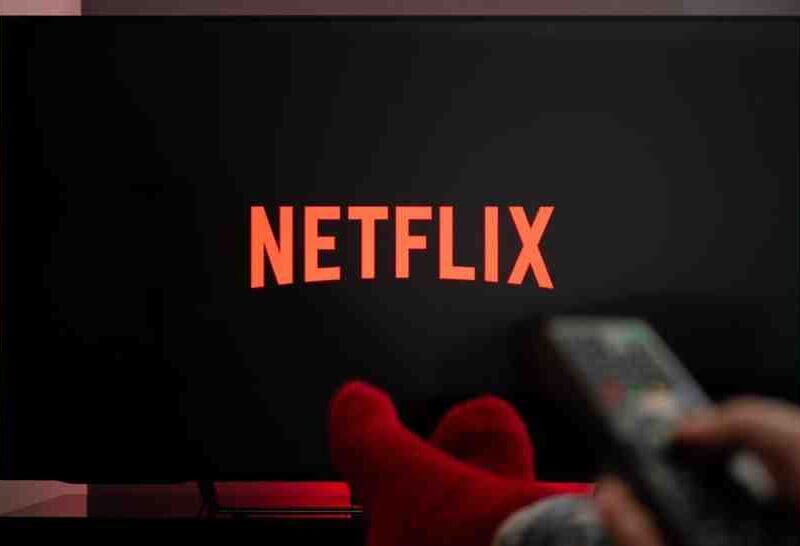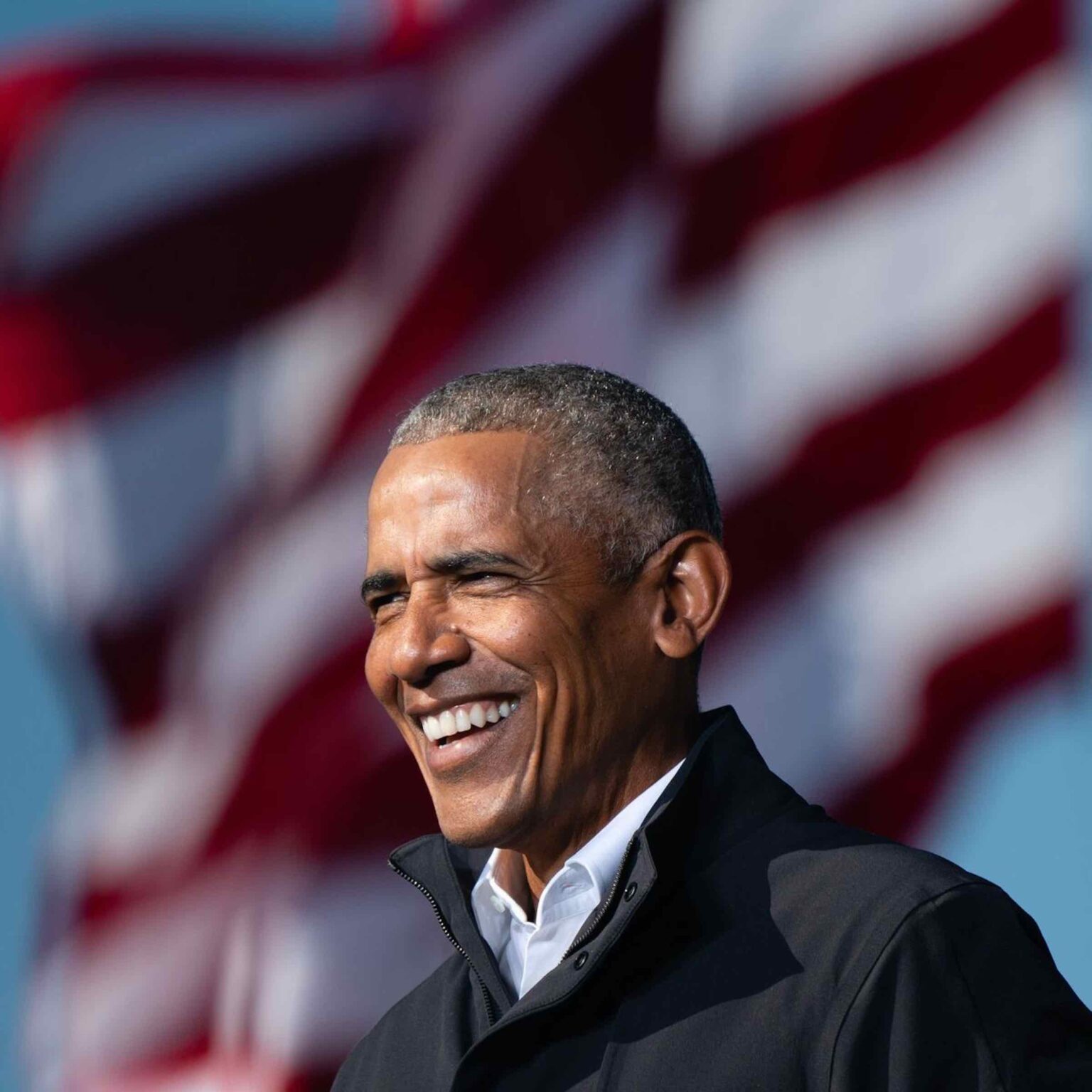
‘Leave The World Behind’: Delve into the odd homage to ‘Friends’
What if our endless scrolling and binge-watching habits are actually helping us cope with reality, or simply helping us escape it? Leave the World Behind, a gripping new film by Sam Esmail starring Julia Roberts and Ethan Hawke, delves into this very question with a scenario that’s as unsettling as it is relatable.
The Sandford family, ensconced in their technology-laden bubble, are the embodiment of modern society’s tech obsession. Amanda, the matriarch, is engrossed in a work call, while Clay, the father, drives to the rhythm of Kool and the Gang.
Their children, Archie and Rose, are glued to their devices, with Rose particularly absorbed in the comforting world of Friends. This early scene sets the stage for a narrative that explores our relationship with media in a world teetering on the edge of chaos. From the mind of Obama to our TV screens, let’s take a closer look at why the Obamas had their green light for this film.
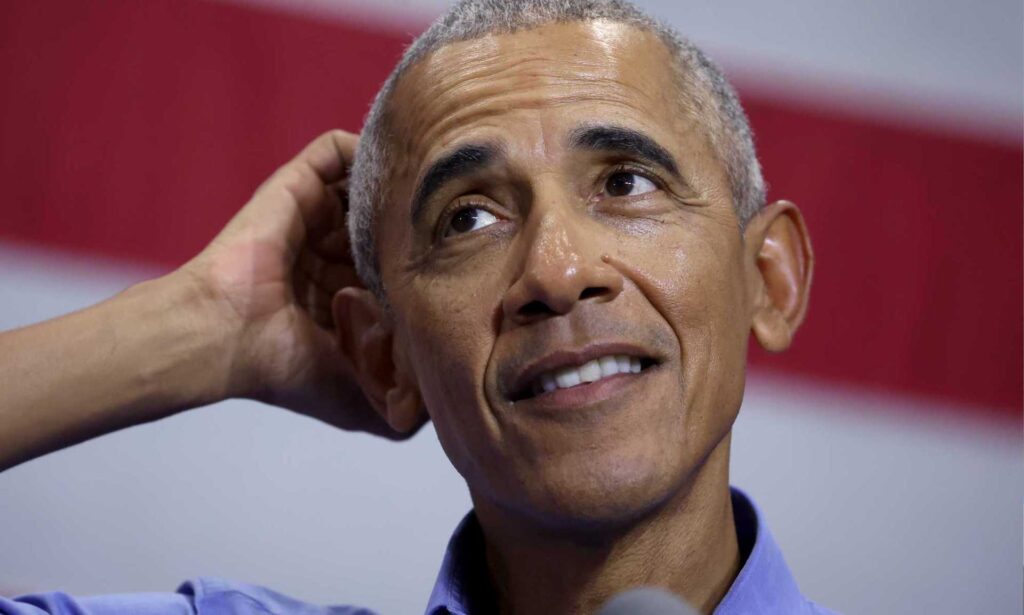
A Reflection of Our Times
Leave the World Behind is a cinematic adaptation of Rumaan Alam’s novel, but director Esmail brings his unique vision to the story. By amplifying the presence of Friends, a quintessential comfort show, Esmail comments on our penchant for nostalgia and escapism.
As the film unfolds amidst the backdrop of a societal breakdown, this reliance on media for solace becomes a central theme. Esmail, in a conversation with Vulture, elucidates this, explaining how the show Friends represents a longing for a simpler time, a time that perhaps never really existed.
The stark contrast between the idealized New York of Friends and the film’s grim reality is striking. Rose, the Sandford’s daughter, seeks refuge in the show, finding solace in its uncomplicated narrative. Esmail masterfully uses this contrast to highlight our collective yearning for escapism, especially in times of crisis.
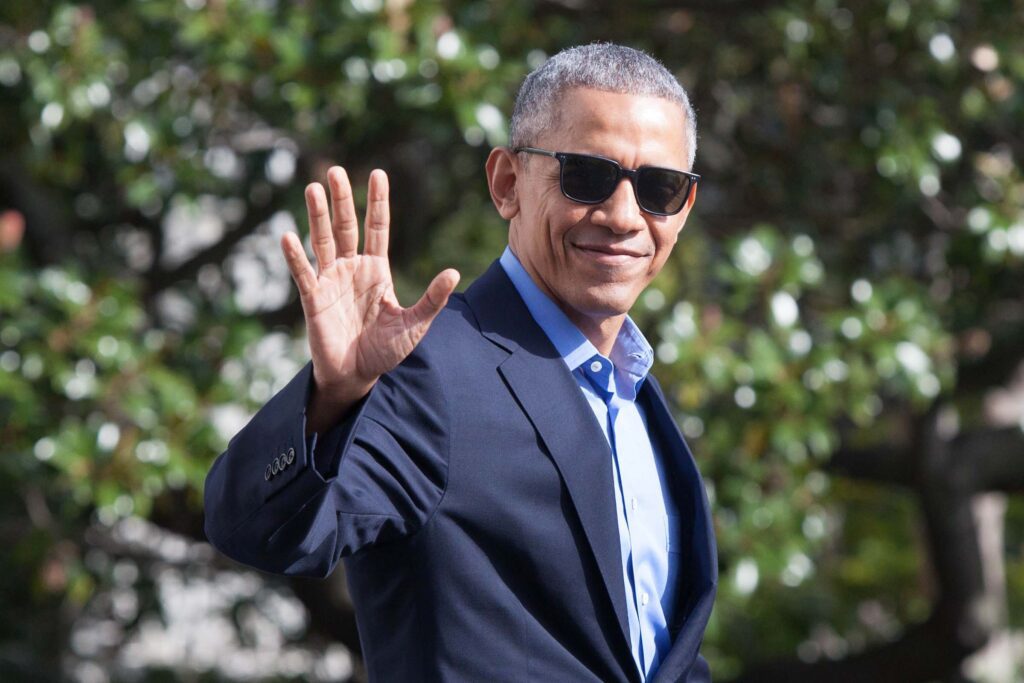
The Duality of Media Consumption
The film takes a nuanced view of media consumption. While it critiques our tendency to detach from reality, it also acknowledges the resilience this detachment can foster. The Sandford children’s ability to quickly move on from witnessing a catastrophic event speaks to a generation desensitized by a constant barrage of alarming news. They’ve adapted to a world where the next episode – or crisis – is always looming.
In the film’s climax, Rose’s choice to watch the final episode of Friends as chaos unfolds around her is emblematic of this duality. It’s a moment of dark humor and poignant reflection. Rose’s decision to prioritize the fictional world of Friends over the collapsing world around her might seem frivolous. Yet, it’s a powerful statement on the human need for closure and comfort, even in the direst circumstances.
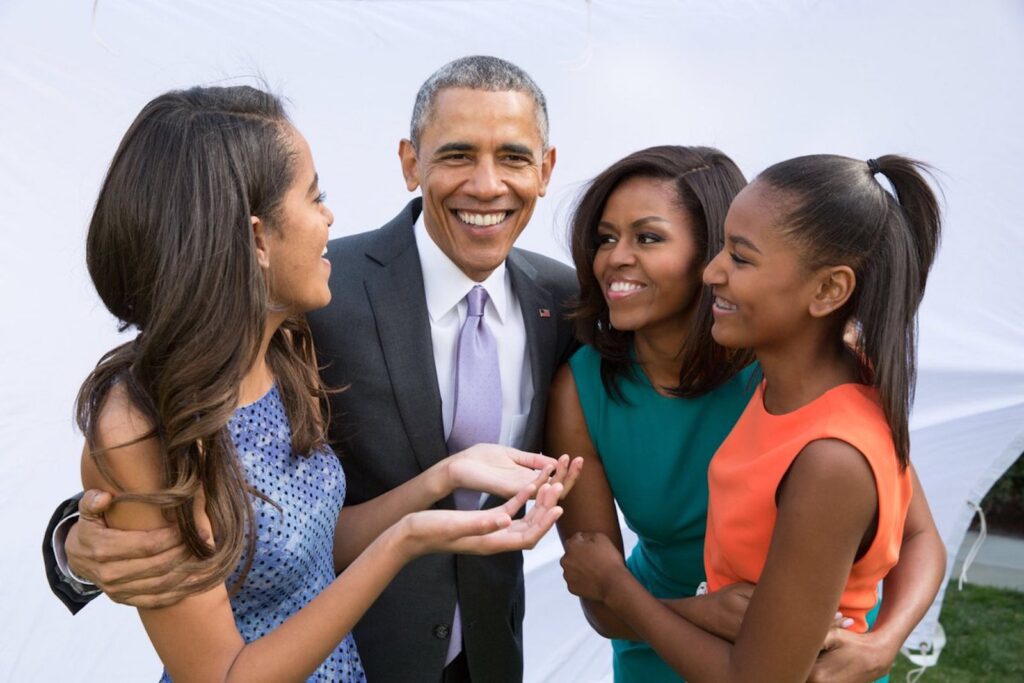
The Echoes of Reality
Interestingly, the film’s release in late 2023 intersects with real-world events, adding layers of unintended meaning. The death of Matthew Perry, who portrayed Chandler in Friends, casts a shadow over the film’s frequent allusions to the show. This intersection of fiction and reality adds a poignant twist to the narrative, emphasizing the impact of popular culture on our lives.
Moreover, the film subtly critiques the lack of diversity in Friends, a reflection of the 90s era it represents. Ruth’s observation about the show’s nostalgic portrayal of a non-existent past, and Amanda’s (Julia Roberts) reaction, speaks volumes about the complexities of nostalgia and representation in media.
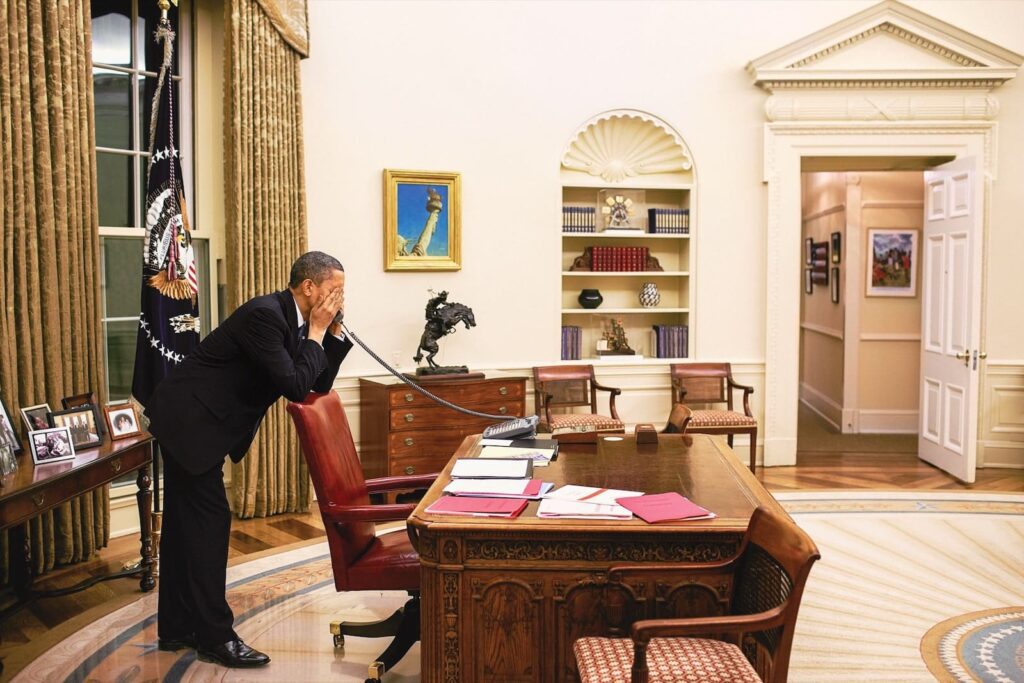
What Matters Most?
As Leave the World Behind concludes, we’re left pondering the choices we make in times of crisis. Rose’s decision to immerse herself in Friends – a show that offers her a sense of normalcy and happiness – raises questions about our own coping mechanisms.
Are we too quick to retreat into the comfort of familiar narratives when faced with unsettling realities? Or is this retreat a necessary respite, allowing us to process and withstand the uncertainties of life?
In the end, the film doesn’t offer easy answers. Instead, it holds up a mirror to our society, reflecting our vulnerabilities, strengths, and the complex relationship we have with the media we consume. It asks us to consider what we prioritize and why, especially when the world seems to be falling apart.
So, in a world where the line between reality and escapism is increasingly blurred, what will you choose to leave behind?






